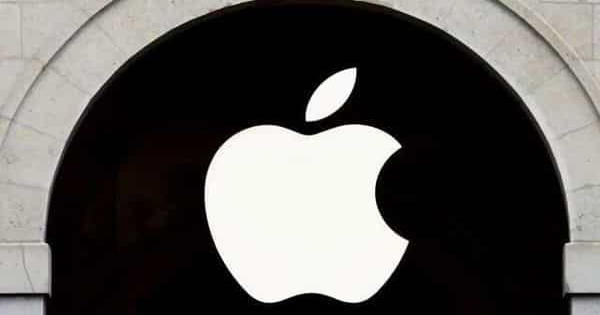SafeBoda was at its pinnacle in early 2020, powered by 25,000 motorbike taxis and ferrying thousands of pillion passengers across Uganda and Nigeria. Then came the COVID epidemic, which threw everything into disarray. Containment measures such as work-from-home directives resulted in a drop in business, which was exacerbated by lockdowns, curfews, and public transportation prohibitions, reducing the motorcycle taxi business to an all-time low. While the interruption had a negative impact on SafeBoda, it prompted the company to pivot from a single service provider to a multi-service and digital payment technology platform.
Ricky Rapa Thomson, Alastair Sussock, and Maxime Dieudonne co-founded the company in 2017, and it recently received a payments license from the Central Bank of Uganda, officially marking its debut in the fintech market and adding to a list of additional services it has offered over the last two years. “As soon as we walked into the room, we recognized that people required more than just rides.” People who used the app often told us that it could do more. We’ve been able to provide a variety of different services than transportation by listening to them and taking their comments seriously, as well as conducting research… SafeBoda co-founder Thomson told TechCrunch that this will help the company become more viable in the future.
Users can send money to each other for free using its new SafeBoda wallet (other providers in the market, such as telcos, impose transfer fees) – a feature that allows cab companies to accept cashless payments as well, while card payments remain low across the continent. Users can also use the wallet to pay partner vendors and withdraw cash (for a fee) from over 200 agents across Kampala. Savings in the SafeBoda wallet earn a 10% yearly interest rate.
In some ways, the wallet has aided the country’s financial inclusion by allowing riders, the majority of whom are unbanked, to build a history of earnings that may be used to assess their creditworthiness for loans. This also paves the way for additional services to be introduced. “These drivers were making money, but they are unable to obtain loans or other financial services.” And we realize that in order to promote inclusiveness, we need to collaborate with the proper partners, but we also need to know about our users’ backgrounds. We are now able to generate a history of money for the riders with the help of our platform, which is a game changer right now.”
Thomson stated that the company is planning new items in the near future, in keeping with its philosophy of always reevaluating and refining its offering while providing much-needed ease to clients. According to him, the new goods were designed for a global audience since SafeBoda is eager to introduce them to new markets. “We’re developing a worldwide offering that will be offered in towns all over Africa… SafeBoda will continue to develop better services that will allow us to better serve the population and expand beyond Uganda, so that anybody in Africa may get services by just pressing a button. “We’ll also make sure that our drivers’ lives are better,” he added.
SafeBoda, the first company to receive from Google’s $50 million Africa Investment Fund, is trying to build its new businesses and keep competitors at bay by tapping its user base (over 1 million downloads). Allianz X, Unbound, Go-Ventures, and Gojek, the Indonesian multi-service mega app, are among its other investors. SafeBoda just established an e-commerce platform in April 2020, with riders on the network being used to perform last-mile delivery. The e-commerce company, which was added to the startup’s parcel and food delivery services, meant that when demand for on-demand ride-hailing services decreased, the riders were kept busy, assuring business sustainability. It was also the start of the startup’s transformation into a mega app.
















